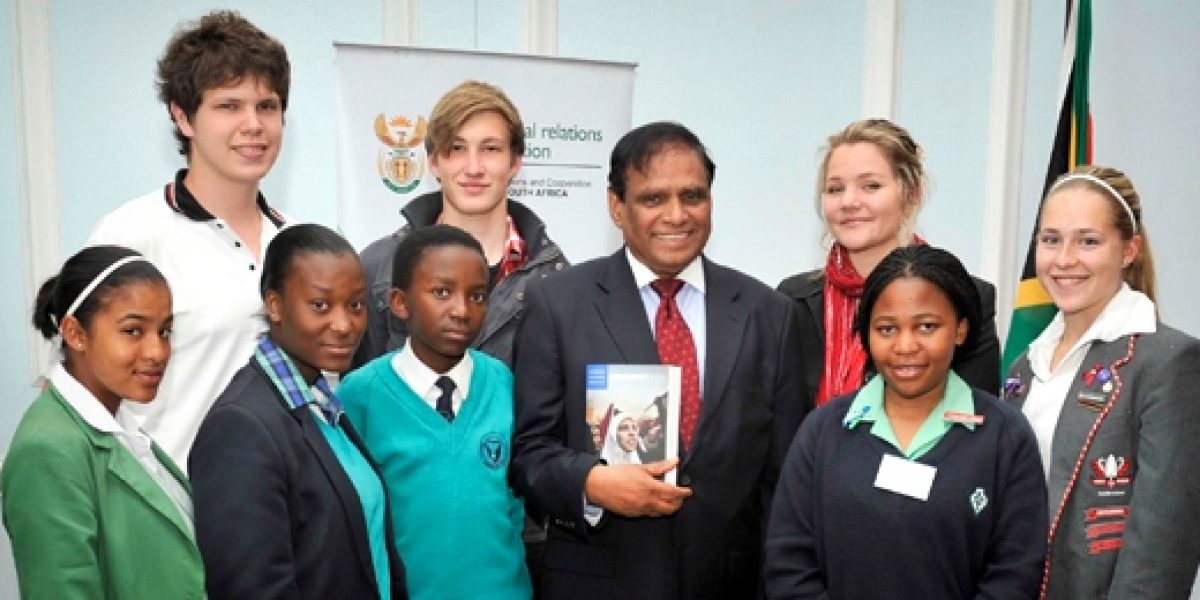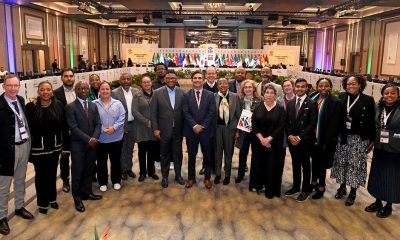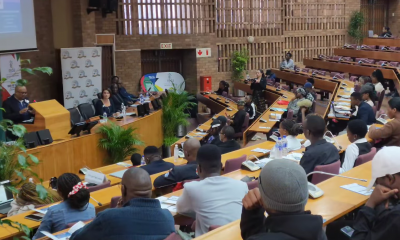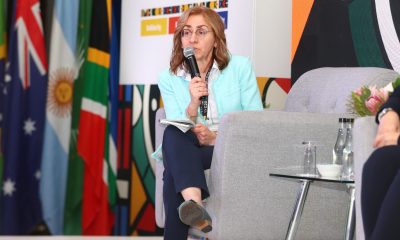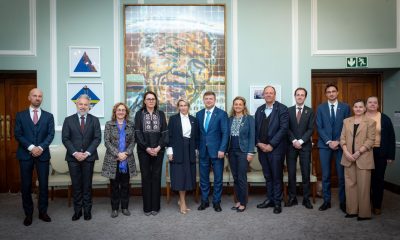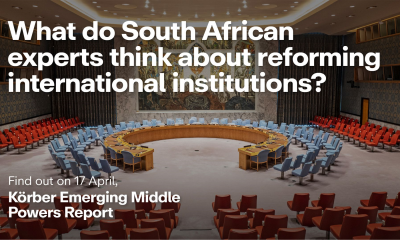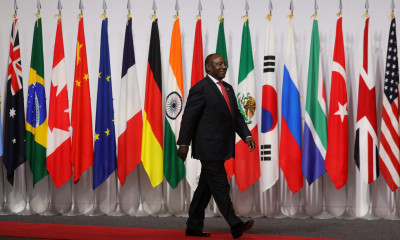This principle, encapsulated in Chapter 6 of the UN Charter has been the guiding principle of South Africa’s responses to crises during its tenure at the UN Security Council and is in line with South Africa’s own experience of the success of negotiated settlement and the subsequent promulgation of democracy.
The Deputy Minister also emphasised that the country’s foreign policy was based on the promotion of human rights. In light of this principle, South Africa did not believe in supporting dictatorships in any part of the world.
Speaking on South Africa’s position on conflicts in the Middle East and North Africa (MENA), the Deputy Minister reiterated that the stability of the Middle-East region had direct implications for stability in North Africa. Above all, South Africa, he asserted, supports the peaceful resolution of disputes and the promotion of democratic principles of governance.
Key issues emanating from his address included:
- South Africa’s support for a two-state solution to the Israel/Palestine conflict: In this vein he expressed disappointment in the performance of the Quartet on the Middle-East and called for a new approach to negotiating a settlement. He also stressed that while South Africa’s support for Palestine has deep-rooted historical ties, its position should not be seen as being anti-Israeli. The minister stressed that South Africa recognised the equal rights of Israelis and Palestinians to sovereignty, peace and security.
- That the civil war in Syria necessitated all perpetrators of human rights violations be subjected to equal pressure by the UNSC for committing war crimes. He also warned of the dangers of the war falling prey to terrorist organisations like Al-Qaeda and other groups, should a lasting solution not be found.
- The Deputy Minister also expressed disappointment with the manner in which Western powers treated the African Union-led mediation during the crisis in Lybia in 2011.
- Finally, the Deputy Minister called for reform of the UN Security Council, arguing that its current structure is not only antiquated but unrepresentative – and called for permanent membership on the council to include representatives from Africa and Latin America.
South Africa’s second tenure at the UNSC terminates at the end of 2012. It also served in this position from 2007 to 2008.

